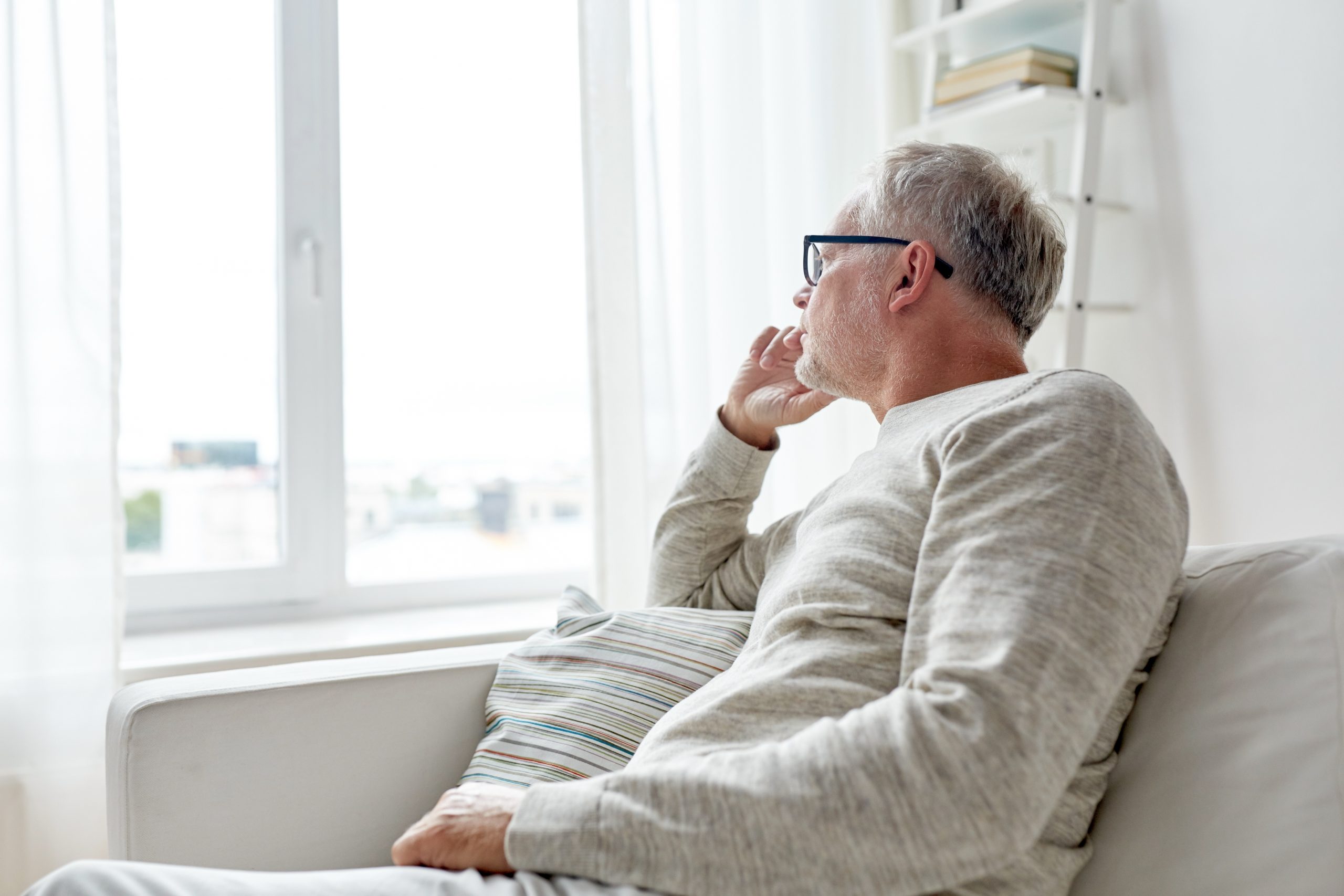New evidence shows that more caution needs to be taken in regard to post-stroke depression treatments.
The George Institute of Global Health in Sydney analysed 49 trials involving 3,000 people with depression following a stroke. It found that while psychological therapy or medication could be useful, the latter may come with potentially harmful side effects.
“Management of people who have experienced a stroke tends to focus on the physical effects of the stroke, and the psychological effects may be overlooked,” said senior author Professor Maree Hackett, Program Head, Mental Health at The George Institute.
“Having depression after stroke can hamper recovery by reducing a person’s motivation or making them unable to keep up with the recommended rehabilitation.”
“We found a small benefit of antidepressants and talking therapies (such as cognitive behavioural therapy) in treating depression,” said the lead author of the review and Research Fellow at The George, Dr Sabine Allida.
“Studies of repetitive transcranial magnetic stimulation (rTMS, a mild form of brain stimulation applied through the scalp and skull) and combined antidepressant and talking therapy, or antidepressant and rTMS interventions, reduced the number and severity of depressive symptoms people experienced.”
Professor Hackett said future research needs to include a broader group of people with stroke, to be able to draw more definite conclusions about the most effective treatments.
“In the mean time,” she said, “there are many options to manage depression and depressive symptoms – not just antidepressants. Speak with your GP or neurologist about what is the best option for you, how long you should be on treatment, and how you/they will know when to stop treatment.”








